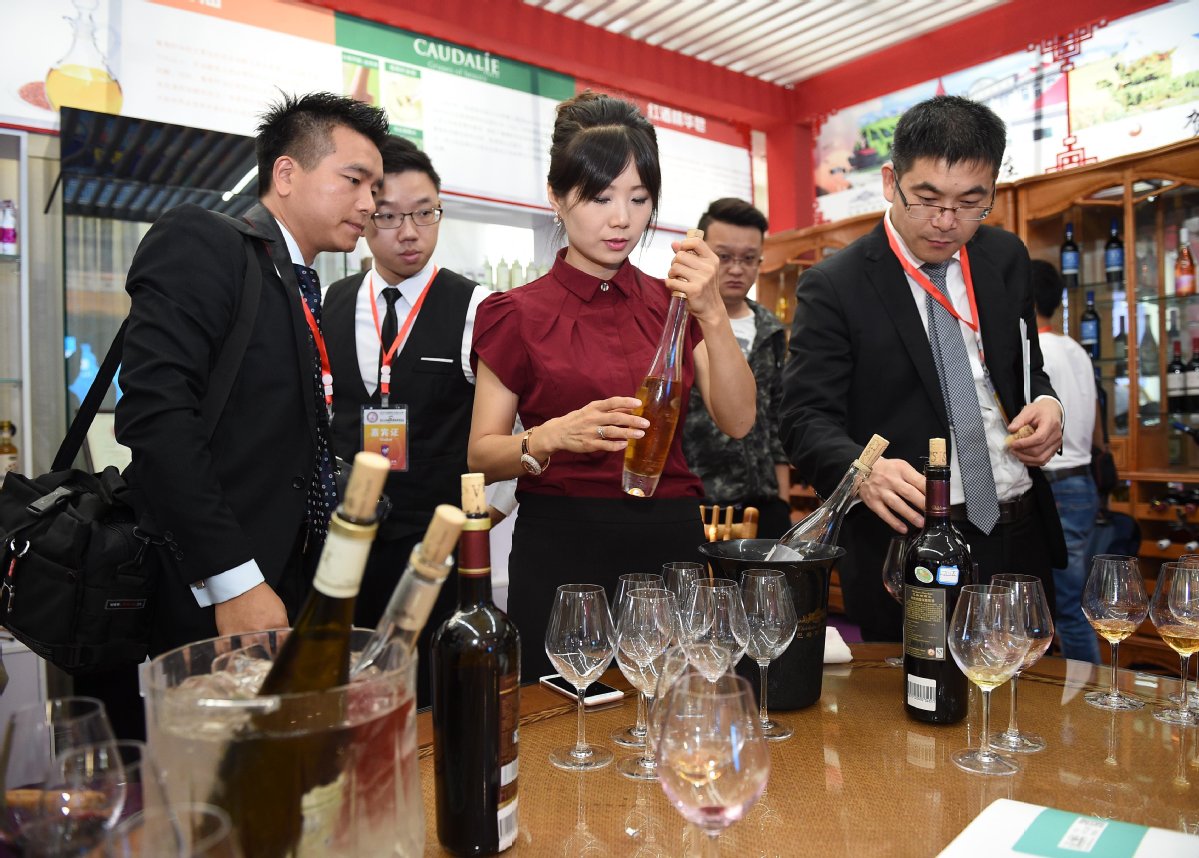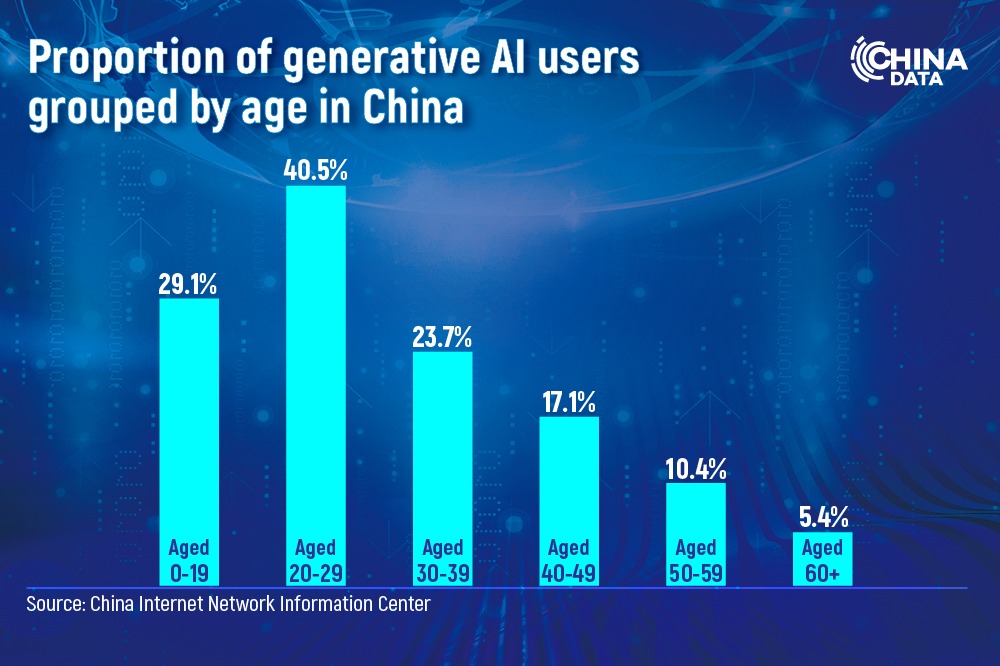Ningxia Hui's winemakers turn ambitious, eye world's top spot


YINCHUAN-There are still three months before the thousands of hectares of grapes ripen, but anticipation is high for what the purple fruit can bring winemakers in Northwest China's Ningxia Hui autonomous region.
Although it is a newcomer in the industry, Ningxia is rapidly transforming itself into a major winemaking region in China that may one day rival major wine regions across the globe.
"China will become the world's leading winemaker and exporter. It is not a wild wish or a far-off strategy. It is what is about to happen in front of your eyes," said Gao Dong, general manager of Chateau Changyu Moser XV estate tourism company in Yinchuan, capital of Ningxia.
Gao proudly shared his vision with visitors as he led a tour of the spacious billion-dollar estate modeled after Byzantine-style architecture. Changyu, established in 1892, is headquartered in Yantai in East China. The Ningxia wine estate is a major production base for the company, said Gao.
With a population of 6.7 million, Ningxia, an oasis in the dry north, prepares to mark the 60th anniversary of the founding of the autonomous region this year. Located between 37 and 40 degrees north latitude, Ningxia has hot sunny summers and severely cold winters, resembling the continental climate that is ideal for vineyards.
Even in summer, wind can be very strong in the foothills of Helan (Holan) Mountain, which runs from north to south and rises above 3,000 meters to separate the sprawling desert to the north and oasis areas to the south where cities, including Ningxia's capital Yinchuan, have developed.
Now Ningxia has 40,600 hectares of vineyards, 86 percent of which are for winemaking, making it the largest region for grape cultivation in China. By 2020, it aims to add another 6,000 hectares. The vineyards will produce about 200 million bottles of wine annually, bringing in at least 1 million tourists.
Feng Yanbiao, deputy director of planning at the Ningxia Grape Industry Bureau, said the grape-growing tradition started in the 1980s.
"The winemaking industry is flourishing due to strong market demand and government support. The Ningxia regional government makes it a priority to develop winemaking and make favorable policies. I believe other winemaking regions in China are rather envious," said Feng.
Ningxia has little precipitation. Vineyard workers use dripping methods to improve irrigation efficiency. Poplars and shrubs shield the vineyards from strong wind and sand, turning boulder-strewn barren land into stretches of thriving vineyards.
Wine drinking in China goes back thousands of years. Historians say envoy Zhang Qian in the Han Dynasty (202 BC to 220 AD) brought back grapes from his western tour. Tradition also has that Li Yuanhao, a king of the Xixia regime between 1038 and 1227 AD, and his people liked liquor, including wine.
In recent years, wine has become popular among ordinary people. According to the International Organization of Vine and Wine, China consumed 1.79 million cubic meters of wine last year.
Chinese winemakers are going upstream to tap the booming market and pursue excellence in wine quality. Changyu's Ningxia branch said it now exports to 14 countries, including the United Kingdom, France, Germany and Italy. A bottle of estate wine sells for 1,580 yuan (about $240).
Fan Xi, 43, hated the taste of wine when he first had it as a freshman majoring in winemaking more than 20 yeas ago.
"It was like the first time I drank beer. I did not know how to savor it," he said. Fan now can detect the nuanced differences and subtle flavors in wine, and bottled wines with his signature fetch high prices in the European market.
"As a winemaker, I want to make strong and vigorous wine. By 2020, we aim to develop into a world-class wine estate, and sales are expected to double," he said.
Chateau Hol-Lan Soul International produces a high-end wine brand in Ningxia. Wine sales last year reached 130 million yuan, said Yang Xiangdong, administrative director of the company.
"We aim to make the world's best wine and sell to the world," he said.




































